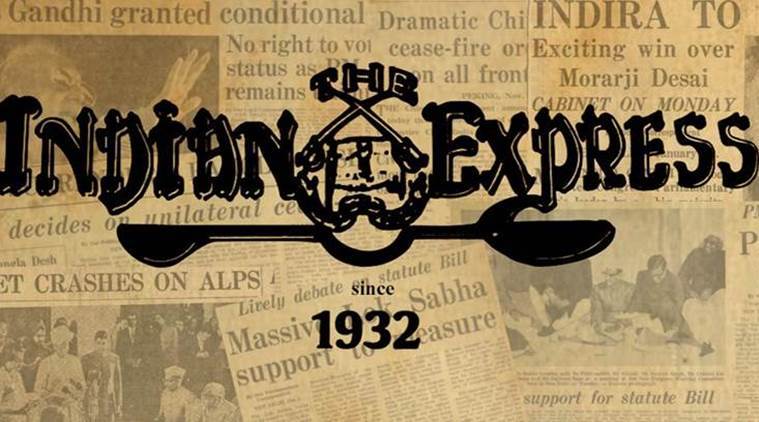 There can be no two opinions that Mallya has to be extradited from the United Kingdom to face charges of defrauding banks and siphoning off funds abroad.
There can be no two opinions that Mallya has to be extradited from the United Kingdom to face charges of defrauding banks and siphoning off funds abroad.
Even as the two main national parties trade accusations on Vijay Mallya — under whose governments’ watch the fugitive tycoon was able to take Indian banks for a ride before fleeing the country — a dispassionate look at some facts may be in order. Yes, Kingfisher Airlines promoted by Mallya owes over Rs 9,000 crore to banks, who may have every reason to declare him a willful defaulter. The lavish lifestyle he has led and flaunted, in a country where farmers with even a few lakh rupees of unpaid debts are driven to suicide, has also made him the poster boy for the worst of Indian capitalism. But in terms of corporate loan defaults, Mallya’s now-grounded airline ranks way lower than many others — the likes of Bhushan Steel, Lanco Infratech, Essar Steel, Videocon Industries, Jaiprakash Associates, Alok Industries or Amtek Auto. And some of the companies that he built, especially United Breweries and United Spirits along with their high-recall brands, were definitely world class.
There can be no two opinions that Mallya has to be extradited from the United Kingdom to face charges of defrauding banks and siphoning off funds abroad. The Indian government should, indeed, spare no effort in bringing not just Mallya, but even the other two high-profile absconders, Mehul Choksi and Nirav Modi, back to justice. There is also now a proper Fugitive Economic Offenders Act that allows the government to confiscate the properties and assets of such individuals who leave the country to escape the legal process in India. But what is to be avoided is collateral damage, which can take two forms. The first is fear of lending by banks. Any business entails risk and the possibility of the firm defaulting on the loans taken by it. In many cases, the losses may be due to reasons connected with the business cycle or macroeconomic and geopolitical developments, on which the firm has little control. If an environment gets created where every businessman is seen as a potential Mallya, Choksi or Modi, it could create a dangerous situation where banks are afraid to even extend credit, leave alone restructure loans that may be in their own interest.
The second, more pernicious effect is of l’affaire Mallya bringing back the era of the businessman-as-villain, after two decades of reform in which the risk-taking entrepreneur was feted as a hero. This is where the dominant political narrative can make a difference. If it degenerates to a point where capitalism gets “stigmatised” — the term coined by the former chief economic adviser, Arvind Subramanian — the ultimate loser would be the economy, incomes and jobs. Promoters who fleece banks and run their own enterprises into the ground deserve punishment. But this shouldn’t be at the cost of enterprise itself.